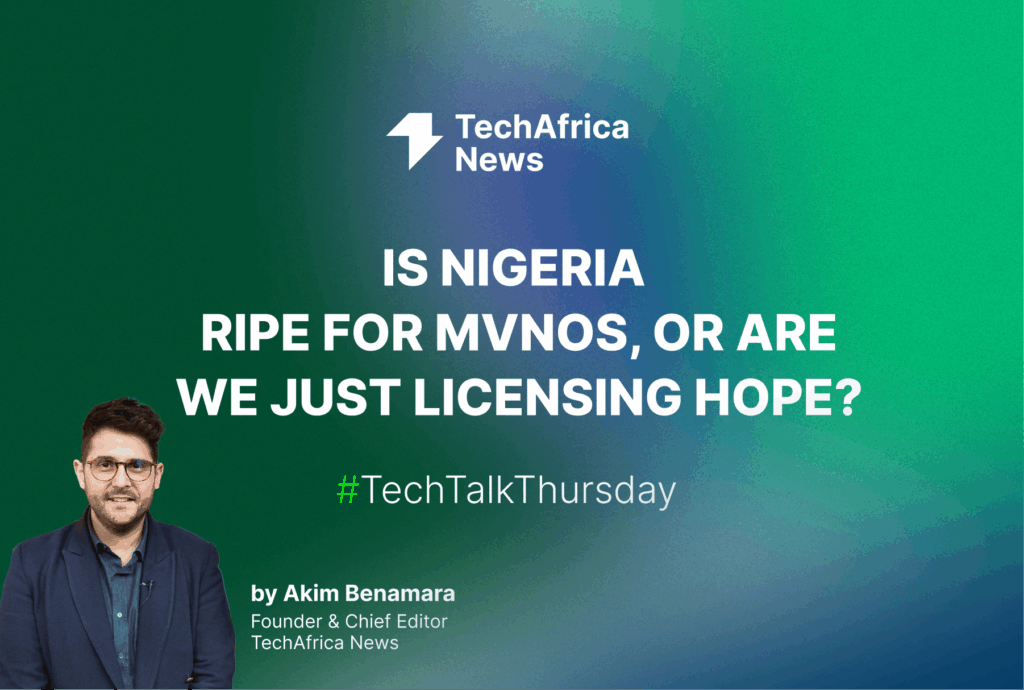ESPI Report Highlights Rapid Growth of African Space Economy

The European Space Policy Institute (ESPI) has released its annual report, Space Venture Europe 2023, which now includes a dedicated section on African markets for the first time. Traditionally focused on European and global markets, the report highlights the rapid growth and importance of the African space economy.
The African space economy is expanding faster than the continent’s GDP, becoming a strategic tool for boosting national economies and achieving Sustainable Development Goals. Space in Africa estimates that the African space economy was valued at $19.5 billion in 2021 and is projected to grow by 16% to $22.6 billion by 2026. This growth is driven by established services like GNSS, satellite TV, and communications, along with emerging NewSpace companies offering satellite broadband, earth observation, and satellite manufacturing.
Space in Africa’s NewSpace Database shows that 391 NewSpace companies have been founded since 2000, with nearly 60% established in the last decade. The peak was in 2015, but the sector saw a decline during the COVID-19 pandemic. These companies are spread across 37 African countries, with South Africa leading at 25%, followed by Kenya at 14% and Nigeria at 13%.
Downstream companies, which provide services like satellite communications and earth observation, constitute 93% of the African NewSpace sector. Earth observation providers make up nearly 60% of these companies, while satellite communications account for 25%.
African NewSpace companies serve diverse markets: 46% cater to local customers, 18% to regional markets, 19% to continental markets, and 17% to global customers. The broader international market is particularly important for manufacturing companies due to limited local demand within Africa.
Including the African space market in ESPI’s report underscores the sector’s growing significance and potential, highlighting the dynamic landscape of African NewSpace companies.






